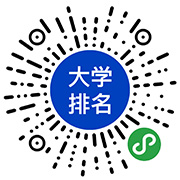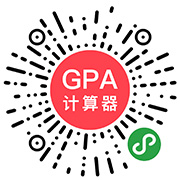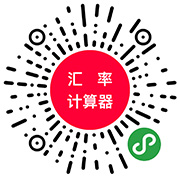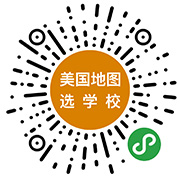在剑桥大学,图书馆与教室相比,图书馆更像是重要的课堂。学生们不一定每天都有课,有课也不过三四个小时,算下来,用在图书馆查阅资料、借书还书、复印打字的时间却占了一天中的大部分时间。学会用图书馆是一门大学问。剑桥大学的图书馆系统纷繁复杂,每个系或研究所都有自己专门的图书馆,31座学院也都各自建有或大或小的图书馆。最有名望的属藏书丰富的剑桥大学图书馆(University Library),该图书馆是英国境内为数不多的所谓“版权图书馆”(Copyright Library)之一,据说英国每出版一部新书,都会送一册到这里收藏。图书馆内更有不少罕见的珍本。
The University of Cambridge is one of the oldest universities in the world, and one of the largest in the United Kingdom. It has a world-wide reputation for outstanding academic achievement and the high quality of research undertaken in a wide range of science and arts subjects. The University pioneers work in the understanding of disease, the creation of new materials, advances in telecommunications and research into the origins of the universe. It trains doctors, vets, architects, engineers and teachers. At all levels about half of the students at Cambridge study arts and humanities subjects, many of whom have gone on to become prominent figures in the arts, print and broadcast media. The University‘s achievements in the sciences can be measured by the sixty or more Nobel Prizes awarded to its members over the years.
The University is a self-governing body: the legislative authority is the Regent House, which consists of the three thousand or so members of the teaching and administrative staff of the University and Colleges who have the MA (or MA status) or a higher degree. The principal administrative body of the University is the Council, which consists mainly of members of the academic staff elected by the Regent House. The General Board of the Faculties co-ordinates the educational policy of the University and the Finance Committee of the Council supervises its financial affairs.
As Cambridge approaches its eight hundredth anniversary in 2009, it is looking to the future. The modern University is an international centre of teaching and research in a vast range of subjects: about half of the students study science or technology. Members of the University have won over sixty Nobel Prizes.
It continues to change in response to the challenges it faces. The Vice-Chancellor, for instance, is no longer a Head of College, but is a full-time administrative appointment. A Development Office and associated charitable foundation is successfully seeking funds around the world for new ventures. The 1990s have seen a major expansion of University accommodation for teaching and research. There are many major new buildings either underway or already completed, including the Law Faculty building and the Judge Institute of Management Studies, in March 1996 opened by HM The Queen.









 高考后申请英国留学
高考后申请英国留学 英国留学奖学金申请
英国留学奖学金申请 英国留学硕士申请
英国留学硕士申请 高考后英国留学申请
高考后英国留学申请







 牛津大学
牛津大学 帝国理工学院
帝国理工学院 伦敦大学学院
伦敦大学学院 爱丁堡大学
爱丁堡大学 曼彻斯特大学
曼彻斯特大学

